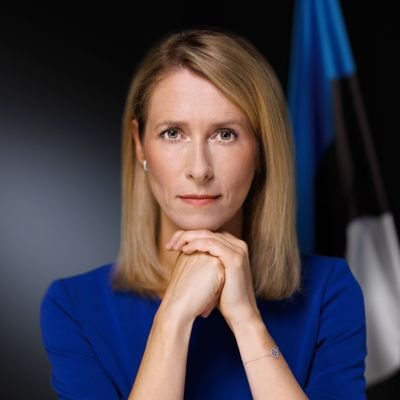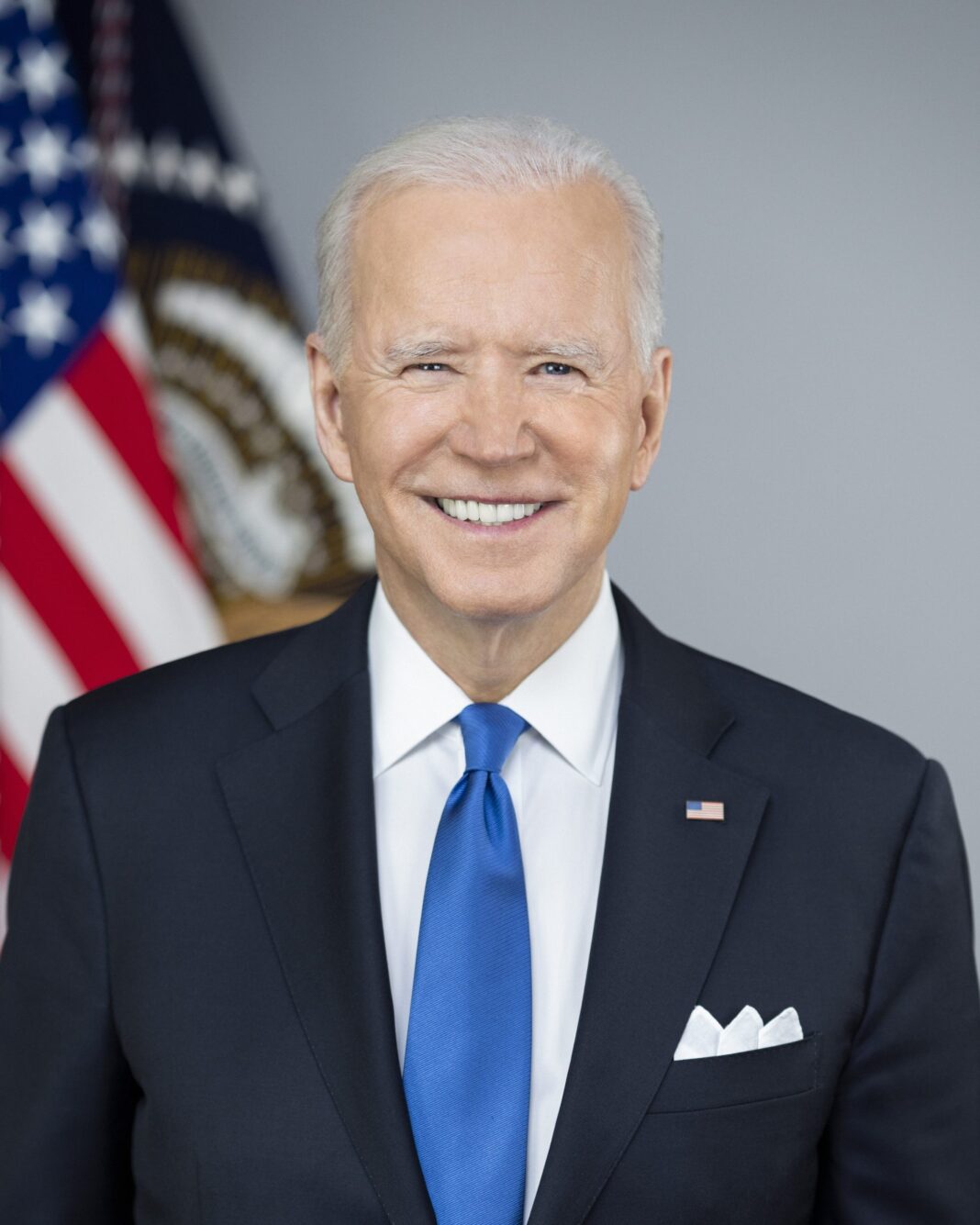The prime ministers of Estonia, Latvia, and Lithuania signed a joint declaration agreeing on actions and the term for accelerating the synchronisation to the electricity network of continental Europe. Estonia will leave the Russian electricity grid almost a year earlier than planned.
Prime Minister Kaja Kallas said that strengthening the electricity connections of the Baltic states and joining the continental European network will increase our cooperation and trust and the energy security of our countries. ‘Together with Latvia and Lithuania, we are working to end any dependence on Russian energy. Russia’s aggression in Ukraine and its use of energy as a weapon proves that it is a dangerous and unpredictable country, and therefore, being synchronised to the Russian electricity grid is a risk for Estonian consumers,’ Kallas said.
The synchronisation of the Baltic countries to the network of continental Europe was agreed between the European Commission, Poland, and the three Baltic states already in 2019. At the time, the term for the synchronisation was set for the end of 2025, but due to Russian aggression, the Baltic states are now collectively seeking to speed it up. The current agreement follows the decision taken by the Baltic prime ministers in Tallinn on 12 May to speed up the synchronisation, and the climate and energy ministers and system operators of the three countries are working on the same issue.
‘Over the past few months, we have been looking for ways to bring forward the synchronisation to the continental European network. The system managers carried out a series of additional analyses, which gave us confidence that we will reach the necessary technical capability in early 2025, meaning that synchronisation can be accelerated by almost a year. In the meantime, system operators in the Baltic states and Poland will continue to strengthen the system, which is necessary to reduce risks such as blackouts and price increases. It is important that the Baltic states work together to speed up synchronisation so that we can further reduce risks. We agreed with the prime ministers that we will leave the Russian network as soon as the technical capacity is in place,’ the prime minister said.
The prime ministers of Estonia, Latvia, and Lithuania signed a joint declaration on 3 August agreeing on principles to speed up synchronisation. The joint declaration is complemented by an agreement between the Baltic system operators.




